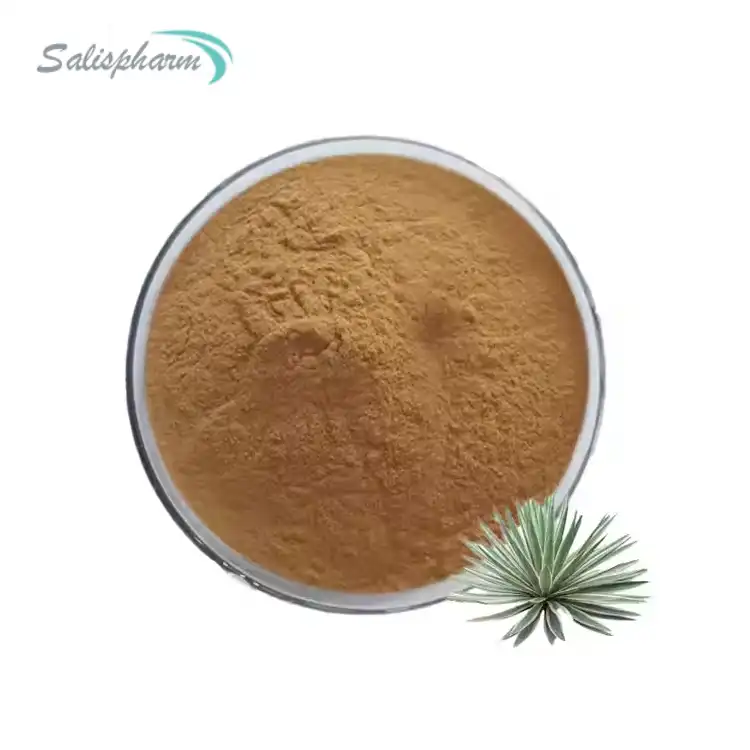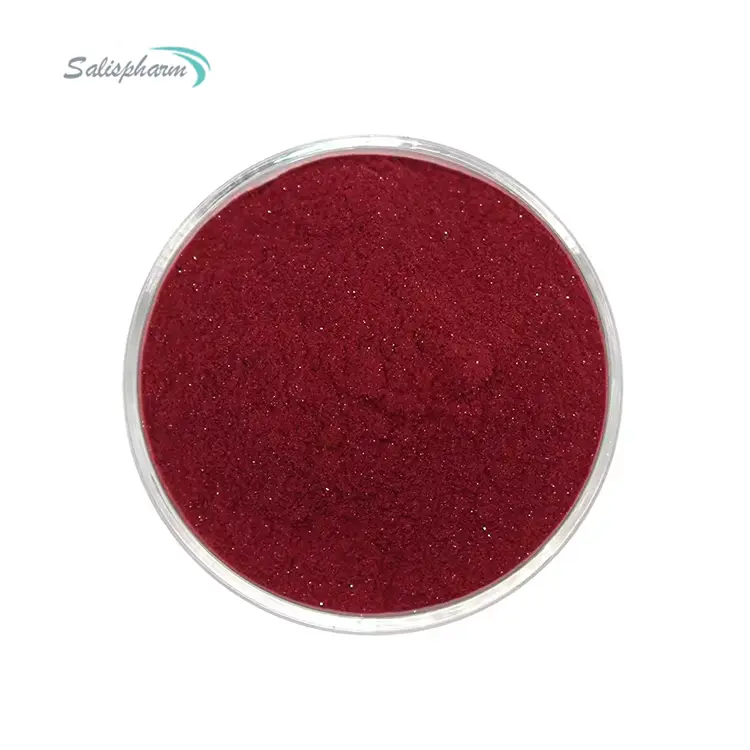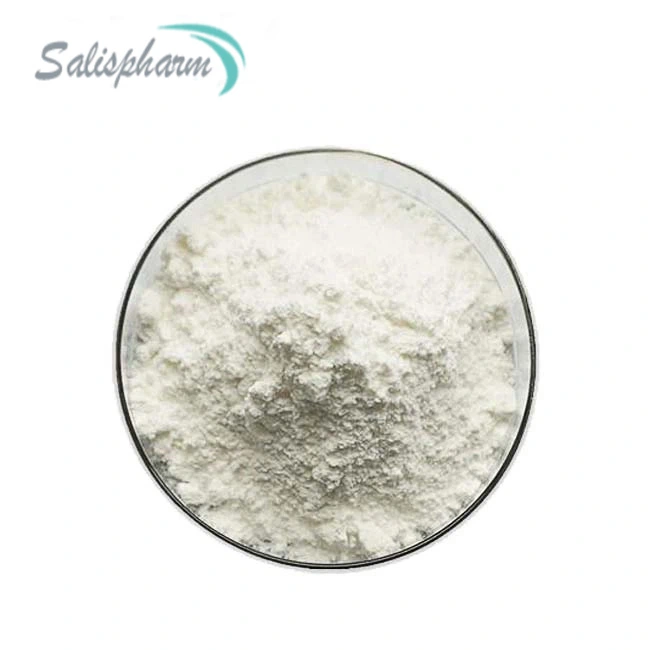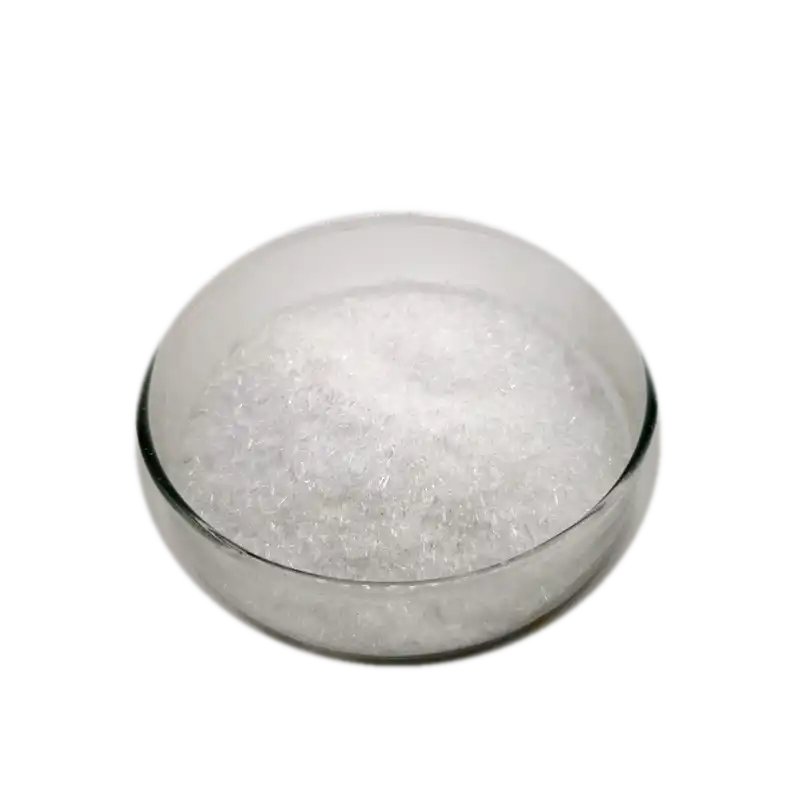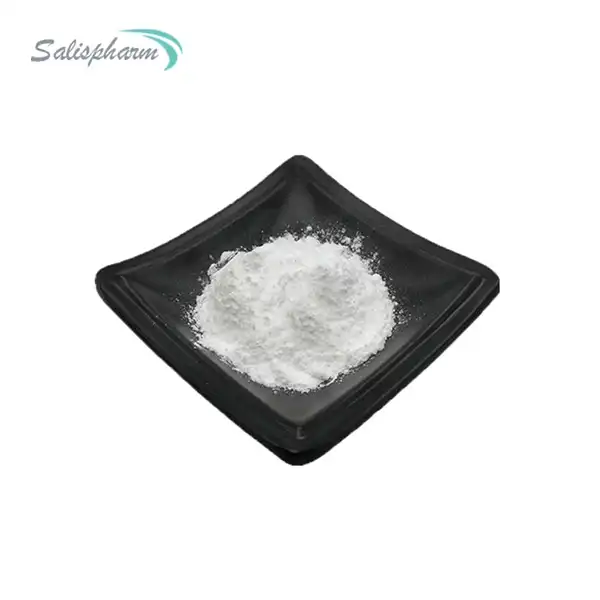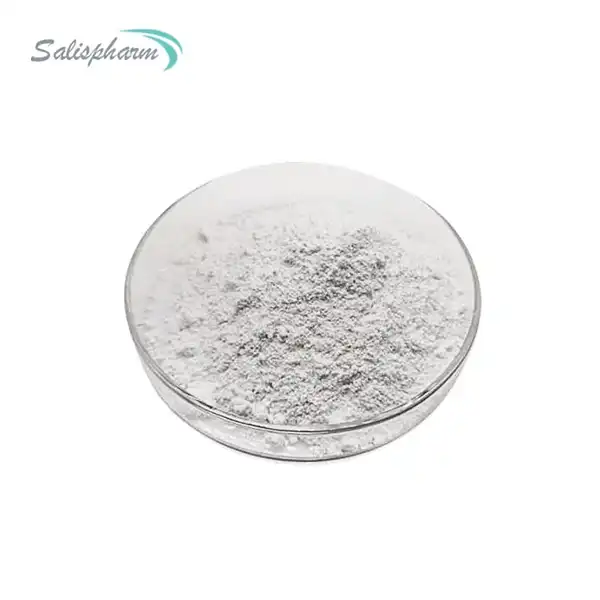Aspirin, also known as acetylsalicylic acid, is a widely used over-the-counter medication that has been around for over a century. While most people are familiar with aspirin tablets, aspirin powder is a less common form that offers unique benefits and applications. In this blog post, we will explore the properties and uses of pure aspirin powder, as well as the potential benefits and risks associated with its consumption.
What Are the Benefits of Aspirin Powder?
Aspirin powder, in its pure form, offers several potential benefits that make it a valuable addition to many households and medical settings. One of the primary advantages of aspirin powder is its versatility. Unlike tablets, which have a fixed dosage, aspirin powder allows for precise dosing based on individual needs and circumstances. This can be particularly beneficial for individuals who require customized dosages or those who have difficulty swallowing pills.
Another significant benefit of aspirin powder is its rapid absorption rate. When ingested in powder form, aspirin is absorbed more quickly into the bloodstream compared to tablets, which need to dissolve first. This rapid absorption can be advantageous in situations where quick relief from pain, fever, or inflammation is needed, such as in the case of migraines or acute injuries. The faster onset of action can provide more immediate relief, which is particularly valuable for those experiencing severe or debilitating symptoms.
Furthermore, aspirin powder can be used topically for various purposes. It can be applied directly to minor cuts, scrapes, or insect bites to reduce inflammation and promote healing. The anti-inflammatory properties of aspirin can help to alleviate swelling, redness, and discomfort associated with these minor injuries or irritations. Some people also use aspirin powder as an exfoliant or as an ingredient in homemade skincare products due to its salicylic acid content, which can help unclog pores and treat acne. The mild abrasive nature of aspirin powder can gently slough off dead skin cells, while the salicylic acid helps to dissolve excess oil and debris that can clog pores.
In addition to its anti-inflammatory and exfoliating properties, aspirin powder has also been explored for its potential use in wound healing. Some studies have suggested that the salicylic acid in aspirin may promote the formation of new blood vessels (angiogenesis) and stimulate the production of collagen, both of which are essential for proper wound healing. While more research is needed in this area, the potential benefits of aspirin powder in wound care are promising.
How Is Pure Aspirin Powder Used?
Pure aspirin powder can be used in various ways, depending on the desired application. For oral consumption, aspirin powder can be mixed with water or another liquid and taken orally. It is important to follow dosage instructions carefully and consult with a healthcare professional, especially when taking aspirin regularly or in high doses. Mixing aspirin powder with a liquid can help to ensure accurate dosing and facilitate swallowing, particularly for those who have difficulty with pills or tablets.
In addition to oral use, aspirin powder can be applied topically to treat specific conditions. For example, it can be mixed with a small amount of water to create a paste and applied directly to insect bites, minor cuts, or acne lesions. The paste can help to soothe irritation, reduce inflammation, and potentially promote healing. Some people also incorporate aspirin powder into homemade skincare products, such as face masks or scrubs, to take advantage of its exfoliating and anti-inflammatory properties.
When using aspirin powder topically, it is essential to follow proper application techniques and avoid contact with sensitive areas, such as the eyes or mucous membranes. It is also crucial to monitor for any signs of irritation or adverse reactions, as some individuals may be more sensitive to topical aspirin use.
It is crucial to note that aspirin powder should never be inhaled or used in any manner other than intended. Improper use or excessive dosages can lead to serious side effects and potential overdose.
Are There Any Side Effects of Taking Aspirin Powder?
While aspirin powder offers many potential benefits, it is important to be aware of the potential side effects and risks associated with its use. Like any medication, aspirin can interact with other drugs or exacerbate certain medical conditions.
One of the most common side effects of aspirin is stomach irritation or bleeding in the gastrointestinal tract. This risk is heightened when aspirin is taken on an empty stomach or in high doses. To mitigate this risk, it is recommended to take aspirin with food or a full glass of water. Additionally, individuals with a history of stomach ulcers or other gastrointestinal issues should exercise caution and consult with a healthcare professional before using aspirin powder.
Additionally, aspirin can increase the risk of bleeding, especially in individuals who are already taking blood thinners or have bleeding disorders. Prolonged use of aspirin can also lead to a condition called Reye's syndrome in children and teenagers, which can cause liver and brain damage. This risk emphasizes the importance of following dosage recommendations and consulting with a healthcare provider, particularly for pediatric use.
Individuals with certain medical conditions, such as asthma, kidney or liver disease, or allergies to salicylates, should exercise caution when taking aspirin powder and consult with a healthcare professional before use. Aspirin can exacerbate respiratory issues in some individuals with asthma, and those with kidney or liver impairment may have difficulty metabolizing and eliminating aspirin, leading to an increased risk of adverse effects.
It is important to follow dosage instructions carefully and never exceed the recommended dosage. Seek medical attention immediately if you experience any severe or persistent side effects after taking aspirin powder, such as severe stomach pain, bleeding, or difficulty breathing.
While aspirin powder offers numerous potential benefits, it is crucial to be aware of the risks and potential interactions with other medications or medical conditions. Always consult with a healthcare professional before using aspirin powder, especially if you have any underlying health issues or are taking other medications.
Proper Storage and Handling of Aspirin Powder
To ensure the safety and effectiveness of aspirin powder, proper storage and handling are essential. Aspirin powder should be stored in a cool, dry place, away from direct sunlight and moisture. Exposure to heat, light, and humidity can degrade the potency and stability of the powder over time.
It is also important to keep aspirin powder in a tightly sealed container to prevent contamination or moisture absorption. Any exposure to air or moisture can cause the powder to clump or degrade, potentially affecting its effectiveness and shelf life.
When handling aspirin powder, it is recommended to use clean, dry utensils or tools to avoid introducing contaminants or moisture. Avoid direct contact with the powder, as it can be easily absorbed through the skin or mucous membranes, potentially leading to unintended exposure or side effects.
If you are using aspirin powder for topical applications, it is essential to follow proper hygiene practices and avoid cross-contamination. Use a clean, non-porous surface for mixing or applying the powder, and discard any unused portions after use.
It is also crucial to keep aspirin powder out of reach of children and pets, as accidental ingestion or exposure can have serious consequences. Store aspirin powder in a secure location and properly label any containers to prevent accidental misuse.
Conclusion
Pure aspirin powder offers a versatile and potentially beneficial form of this widely used medication. Its rapid absorption rate, precise dosing capabilities, and topical applications make it a valuable option for various purposes. However, it is crucial to use aspirin powder responsibly and under the guidance of a healthcare professional to minimize the risk of side effects and potential complications. By understanding the benefits, uses, and precautions associated with aspirin powder, individuals can make informed decisions about its appropriate use for their specific needs.
If you are also interested in this product and want to know more product details, or want to know about other related products, please feel free to contact sasha_slsbio@aliyun.com.
References:
1. "Aspirin: Uses, Dosage, Side Effects, and Warnings" - WebMD
2. "Aspirin Powder: Benefits, Uses, and Precautions" - Healthline
3. "Aspirin: Medication Uses, How to Take, Side Effects" - Cleveland Clinic
4. "Aspirin: Uses, Interactions, and Side Effects" - MayoClinic
5. "Aspirin Powder: A Versatile and Effective Form of Aspirin" - Medical News Today
6. "Aspirin Powder: Topical Use, Benefits, and Risks" - Verywell Health
7. "Aspirin Powder: Oral and Topical Applications" - Drugs.com
8. "Aspirin Powder: Dosage, Safety, and Precautions" - RxList
9. "Aspirin Powder: A Comprehensive Guide" - Pharmacy Times
10. "Aspirin Powder: Benefits, Uses, and Potential Side Effects" - Everyday Health
11. "Aspirin: Therapeutic Applications and Mechanisms of Action" - Annual Review of Pharmacology

